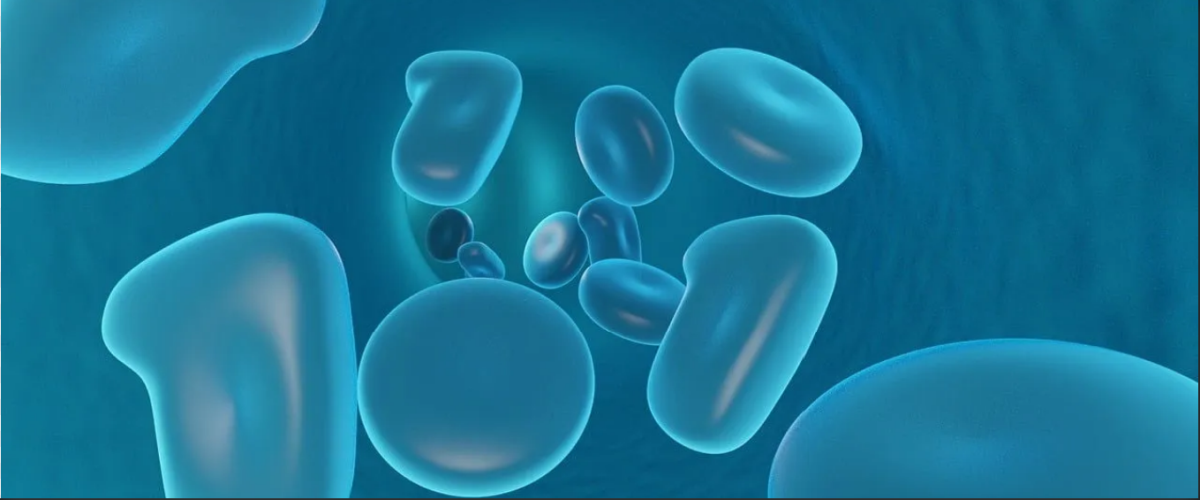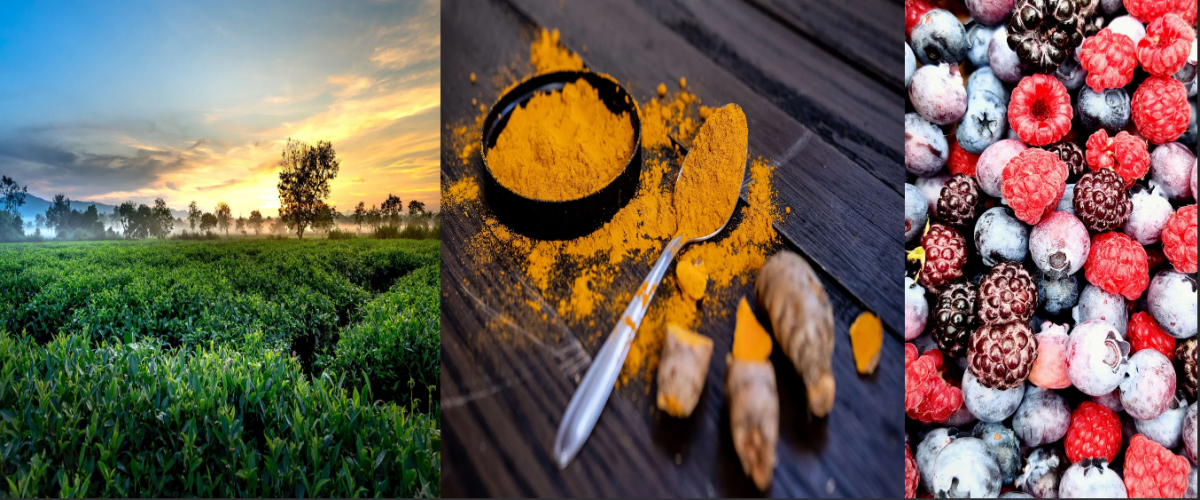Autophagy is a natural process within our cells that acts as a bodyguard to protect our health by breaking down old, damaged cellular components and recycling them into energy. This self-cleaning mechanism plays a vital role in maintaining optimal health, preventing disease and prolonging life. Fortunately, there are several ways we can enhance and stimulate autophagy so our cells can function optimally.
The term autophagy, derived from the Greek words "auto" meaning "self" and "phagy" meaning to eat, refers to the fundamental cellular process that allows cells to degrade and recycle their own components. It can be considered a self-cleaning mechanism that plays a vital role in maintaining cellular health and homeostasis.
In our bodies, millions of cells are constantly undergoing autophagy to remove damaged or misfolded proteins, dysfunctional organelles and other cellular debris. This process helps prevent the accumulation of toxic substances and enables the recycling of macromolecules, ensuring efficient cell functioning.
mechanism of action
Autophagy operates through a series of highly complex and tightly regulated steps. The process begins with the formation of double-membrane structures called autophagosomes, which engulf target components inside cells. The autophagosome then fuses with the lysosome, a specialized organelle containing a variety of enzymes, leading to the degradation of its contents.
There are three main forms of autophagy: macroautophagy, microautophagy, and chaperone-mediated autophagy. Macroautophagy involves the massive degradation of cellular components, while microautophagy involves the direct engulfment of cytoplasmic material by lysosomes. On the other hand, chaperone-mediated autophagy selectively targets proteins for degradation.
Conditioning and Signaling
Autophagy is tightly regulated by multiple signaling pathways in response to various cellular stressors, such as nutrient deprivation, oxidative stress, infection and protein aggregation. One of the key controllers of autophagy is the mammalian target of rapamycin (mTOR), a protein kinase that inhibits autophagy when nutrients are abundant. However, under conditions of nutrient limitation, mTOR signaling is inhibited, leading to autophagy activation.
1. Intermittent fasting:
By limiting the feeding window, intermittent fasting places the body in a prolonged fasted state, prompting cells to use stored energy and initiate autophagy.
2. Exercise:
Regular physical activity not only keeps our bodies healthy, but also acts as a powerful inducer of autophagy. Participating in aerobic and resistance exercise triggers autophagy, promoting cleansing and rejuvenation at the cellular level.
3. Calorie restriction:
In addition to intermittent fasting, caloric restriction (CR) is another proven method for enhancing autophagy. By reducing your overall calorie intake, CR forces your cells to conserve energy and initiate autophagy to maintain vital functions.
4. Ketogenic Diet:
Autophagic activity is enhanced by inducing ketosis by severely restricting carbohydrate intake and increasing fat consumption.
5. Foods rich in phytochemicals:
Certain plant compounds, especially those found in colorful fruits, vegetables and spices, have properties that trigger autophagy.
6. Take specific supplements:
Autophagy can be induced by adding autophagy supplements to the diet to promote health.
1. Green tea
Rich in antioxidant compounds like catechins, green tea has long been known for its health benefits. In addition to its potential to boost metabolism and support weight loss, green tea has also been shown to activate autophagy. Polyphenols found in green tea stimulate the expression of genes involved in autophagy, which helps maintain cellular balance and function.
2. Turmeric
Curcumin, the active compound in turmeric with its vivid yellow hue, has potent anti-inflammatory and antioxidant properties. Emerging studies have shown that curcumin can also induce autophagy by activating certain molecular pathways. Incorporating turmeric into your diet, whether through cooking or as a supplement, can help harness the potential of autophagy to improve health.
3. Berberine
A study evaluating berberine found that this compound may also have the ability to induce autophagy. Berberine is found in berries, the tree turmeric, and some other herbs.
4. Berries
Berries like blueberries, strawberries, and raspberries are not only delicious, but packed with health-promoting properties. These vibrant fruits are rich in polyphenols, compounds known to enhance autophagy. By consuming a variety of fresh or frozen berries, you can ensure a steady supply of these beneficial plant compounds that support a robust and efficient autophagy process.
5. Cruciferous vegetables
Cruciferous vegetables, including broccoli, cauliflower, kale and Brussels sprouts, contain an impressive array of health-promoting compounds, such as sulforaphane and indole-3-carbinol. These compounds have been shown to activate autophagy and prevent cellular damage caused by oxidative stress. Dietary inclusion of various cruciferous vegetables not only provides essential nutrients but also promotes the induction of autophagy.
1. Curcumin
Curcumin, the active ingredient in turmeric, has long been valued for its anti-inflammatory and antioxidant properties. Recent studies have also shown that curcumin can induce autophagy, which improves cellular health. Curcumin activates specific genes and signaling pathways involved in the regulation of autophagy. Its ability to enhance autophagy may benefit various diseases associated with oxidative stress and cellular dysfunction.
2. Berberine
Berberine is a natural compound found in a variety of plants, including barberry and goldenseal. This powerful botanical supplement has been extensively studied for its therapeutic effects on a variety of conditions, including metabolic disorders. Berberine was also found to induce autophagy by altering the expression of autophagy-related genes. By supplementing with berberine, you can potentially enhance autophagy and improve cellular health, particularly when it comes to metabolic health.
3. Spermidine
Spermidine (spermidine) is a small molecular organic substance naturally present in cells. Studies have found that there is a close relationship between spermidine and autophagy. Spermidine can activate the autophagy pathway and promote autophagy. Studies have shown that spermidine can increase the expression of autophagy-related genes and promote autophagy by regulating the levels of autophagy-related proteins. In addition, spermidine can also activate autophagy by inhibiting the mTOR signaling pathway.
Disclaimer: This article is for informational purposes only and should not be considered medical advice. Always consult a healthcare professional before using any supplements or changing your healthcare regimen.
Post time: Sep-01-2023







